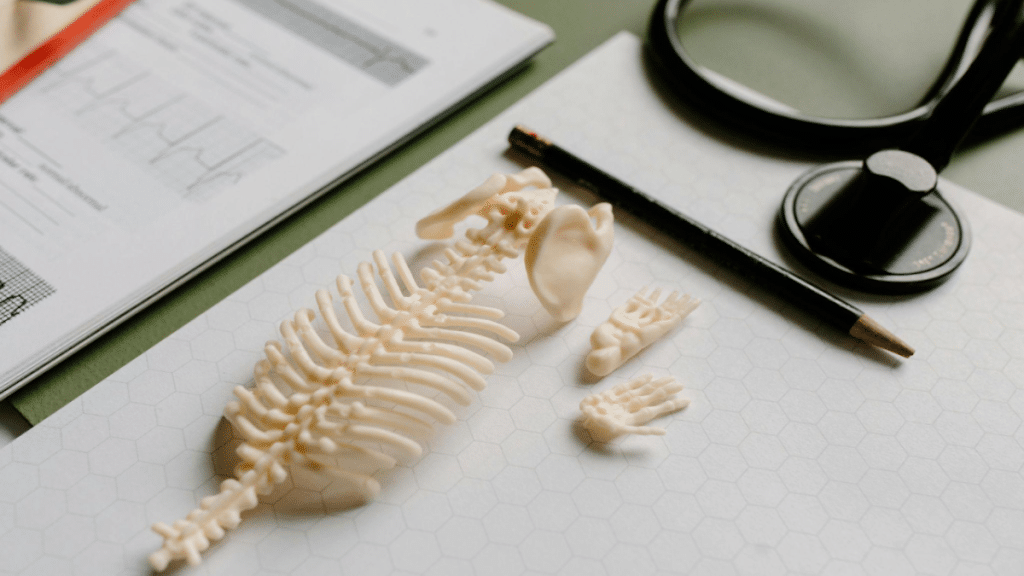As the next generation of learners carve out career paths, many still take a significant interest in the medical field. However, as the years pass, the standards for the Medical College Admission Test (MCAT) and the United States Medical Licensing Examinations (USMLEs) continue to rise.
Subsequently, academic support services are an absolute necessity, enabling medical students to better manage the demands of med school. Whether emerging scholars require MCAT prep services or USMLE tutoring, programs like Ace Med Boards can extend some much-needed guidance.
The Foundations of MCAT Preparation
Although the MCAT can seem intimidating, various high-yield study methods can help students achieve MCAT success.
Develop a Study Strategy
Above all else, students should start their MCAT prep journey as early as possible, giving themselves supplemental time to practice and review. When choosing to study substantially ahead of the actual test date, the margin for mistakes and confusion can narrow. As medical students begin their MCAT prep in advance, they can schedule study blocks, designating specific times to review and clarify the material into digestible chunks.
Content Review Tips
Once a proficient study plan is in place, balancing content review and practice will follow closely behind. Students may gain a greater grasp of the material by dedicating time to review foundational content and allocating hours for practicing with MCAT-style questions. Additionally, leveraging a wide array of resources is one of the many components of adequate content review. Students should explore varying categories of study materials, including online platforms, practice questions, and review books.
Testing and Practicing
Another valuable study technique involves active learning through practice tests. When engaging with the content through flashcards, sample quizzes, and teaching concepts, students can better comprehend comprehensive concepts rather than simply memorizing the surface-level facts. Regularly taking timed, full-length practice tests may also provide students with the preparation needed to thrive in traditional test day circumstances. After an exam is complete, students should inspect their areas of weakness within the medical material, allowing them to identify growth opportunities.
With early prep and targeted review, rising medical scholars can improve their chances of medical school acceptance.
Supportive Study Strategies for Medical Exam Prep
While receiving acceptance and entry into a medical school program already marks an impressive achievement, preserving good standing once you’ve arrived is crucial. Throughout many medical schools across Western territories, students must maintain momentum while completing the required courses for their subsequent specialties.
Given how detailed medical education can be, tackling heavy content loads may feel overwhelming to first-year scholars. To achieve productive and efficient MCAT studying, students should integrate their note-taking skills with their active learning abilities, focusing on how they opt to utilize their resources.
In addition to taking notes as you read and review, consider restructuring the information you’ve jotted down during each study session. Learning methods, like unfamiliar term identification, outline development, and central idea summarization, enable students to engage actively with the content.
When reformatting your freshly written notes, test yourself on how easily you retain the material. Students should supplement their studies with review questions and utilize active recall methods, such as flashcards and spaced repetition.
After you establish a study schedule and a set of strategies that suit your specific learning style, finding a study buddy or group can add a necessary layer of motivation and support to your medical education efforts.
Above all, be sure to implement enjoyable research and review tactics, taking frequent breaks to regain your stamina. Through support systems like medical school tutoring or structured programs such as Ace Med Boards, aspiring scholars have the opportunity to excel in their med school ventures.
Boost Board Exam Readiness and Prompt Residency Success
Along with the MCAT, the USMLEs are an integral part of medical education. When approaching USMLEs, students should study within intensive schedules, take NBME (National Board of Medical Examiners) assessments, and leverage test-day tactics, including:
- Early arrival at the testing site
- Keeping documents organized
- Remaining hydrated and well-nourished before arriving
- Reviewing the official USMLE rules
- Staying calm and choosing not to overthink
- Using the process of elimination during testing time
Once students overcome the hurdles of formal medical education, residency serves as the next step in their scientific and intellectual journey. As young aspiring doctors seek a boosted work-life balance between their professional duties and personal endeavors, it can be challenging to find stability during residency, which is simultaneously critical yet time-consuming.
Graduates should ponder final residency match preparation and support programs that include interview coaching, tailored mentorship, and the ERAS (Electronic Residency Application Service).
Master Your Medical School Efforts at Every Turn
Over the next decade, the medical education market is expected to expand significantly, making the competitive nature of the practice even more apparent. Looking ahead, students aiming to excel in medical school will need to contemplate strategic preparation at every stage.
From mastering the MCAT to maneuvering board examinations and the final residency match week, personalized support may play a pivotal role in a medical scholar’s success in the years to come.
